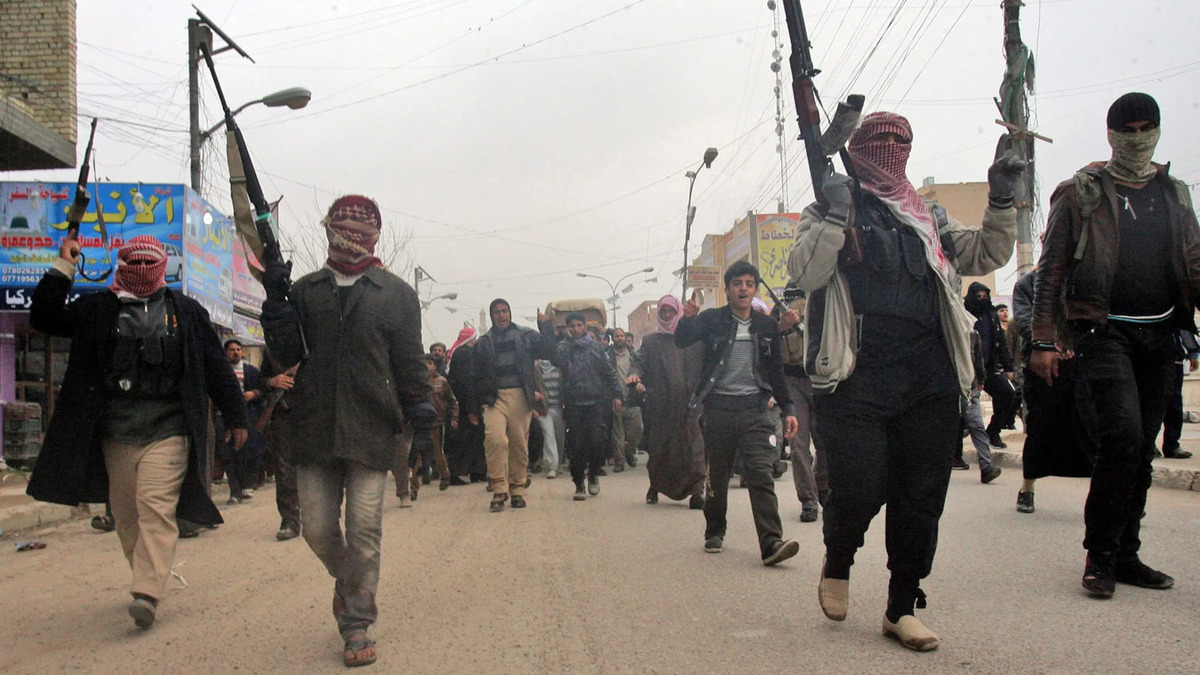India has voiced its apprehensions regarding the surge in narcotics trafficking and the presence of terrorist outfits operating from Afghan soil during a recent regional dialogue on Afghanistan’s security landscape. The meeting, held in the Kyrgyzstan capital of Bishkek, saw Deputy National Security Adviser Vikram Misri representing India among other senior regional security officials.
At the 6th regional dialogue, attended by representatives from Iran, Russia, Kyrgyzstan, Kazakhstan, Uzbekistan, China, Turkmenistan, and Pakistan, Misri highlighted India’s growing concerns over the illicit drug trade emanating from Afghanistan. He emphasized the recent spike in drug seizures as a worrisome trend that poses a significant threat to regional stability.
Moreover, Misri emphasized on the menace of terrorism, specifically pointing out the presence of banned groups such as Lashkar-e-Taiba (LeT) and Jaish-e-Mohammed (JeM) on Afghan soil. He reiterated India’s stance that Afghan territory should not be exploited for sheltering, training, or financing terrorist activities, especially by individuals or entities proscribed by the UN Security Council.
India, recognizing its role as a crucial stakeholder in Afghanistan, emphasized the need for a consensus-based approach at both regional and international levels to address the evolving security challenges in the region. Misri reiterated that any instability in Afghanistan poses a grave threat to the entire region, necessitating collective action.
The immediate priorities identified during the dialogue included providing humanitarian aid, fostering the formation of an inclusive government in Kabul, combating terrorism and drug trafficking, and safeguarding the rights of vulnerable groups such as women, children, and minorities.
India’s commitment to combating terrorism and promoting stability in Afghanistan was further reflected through its partnership with the UN Office on Drugs and Crime (UNODC). India has been actively involved in providing humanitarian assistance, including drug rehabilitation programs, aimed at supporting vulnerable populations in Afghanistan.
The regional dialogue served as a crucial platform for assessing the evolving security situation in Afghanistan following the Taliban’s takeover in 2021. India, having previously hosted the 3rd regional security dialogue in New Delhi, reaffirmed its commitment to peace, security, and stability in the region.
Recent reports by the UN sanctions monitoring team highlighted the continued presence of terrorist groups in Afghanistan, with the Islamic State-Khorasan Province (IS-KP) posing a significant threat. The close relationship between the Taliban and al-Qaeda was also noted, underscoring the persistent security challenges facing the region.
India’s steadfast support for Afghanistan’s development was reiterated, with over $3 billion invested in various projects across all provinces of Afghanistan. These projects encompass critical sectors such as infrastructure, healthcare, education, and agriculture, aimed at fostering long-term stability and prosperity in the war-torn nation.
In addition to humanitarian aid and development projects, India emphasized the importance of creating economic opportunities in Afghanistan and promoting self-reliance among its people. India continues to maintain trade ties with Afghanistan and advocates for the inclusion of Iran’s Chabahar port in the International North-South Transport Corridor (INSTC), facilitating maritime trade in the region.
Overall, India’s participation in the regional dialogue showcased its unwavering commitment to promoting peace, security, and development in Afghanistan, while addressing the pressing security challenges facing the region.


